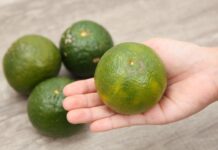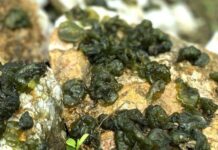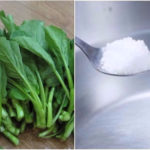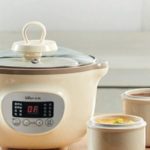Boiled vegetables are a common dish in the daily meals of Vietnamese families. Vegetables contain a high amount of fiber, vitamins, essential minerals, and antioxidants that are beneficial for the body.
The best way to cook vegetables is to steam or boil them. To ensure that the nutrients in the vegetables are not lost, the boiling technique is crucial. Many people believe that boiling vegetables with the lid on helps to retain their vibrant green color and allows any chemicals to evaporate with the steam. So, is this viewpoint correct?
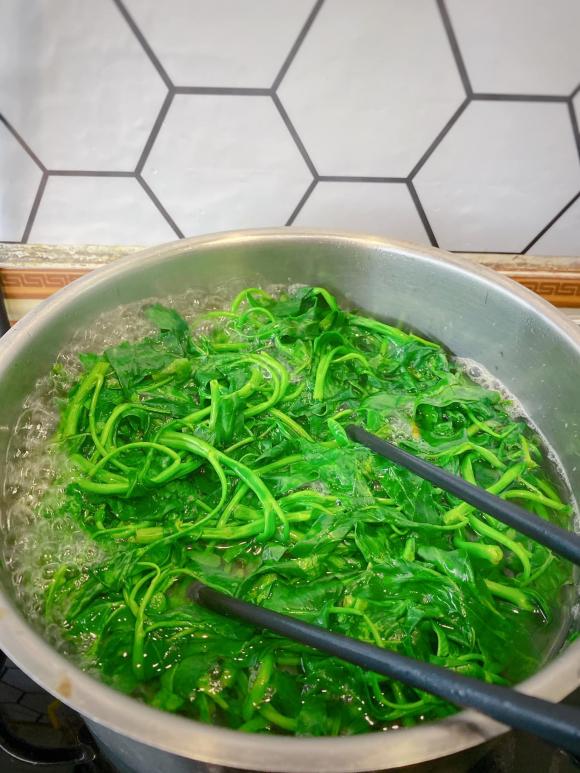
Should you boil vegetables with the lid on or off?
There are various opinions on whether to boil vegetables with the lid on or off. According to some studies, it is best to boil vegetables with the lid on. Boiling vegetables with the lid off may make them look green and visually appealing, but it takes longer to cook and may result in a loss of nutrients.
On the other hand, boiling vegetables with the lid on helps to retain more nutrients. However, acids and chlorophyll in the vegetables will react to the heat, causing them to lose their green color and tend to turn yellow.
To maintain the vegetable’s color when boiling with the lid on, simply add a few pinches of salt to the boiling water. It is recommended to add salt from the beginning and wait until the water is fully boiling before adding the vegetables. Salt helps the vegetables retain their green color and enhances their taste.
Furthermore, do not boil the vegetables for too long. Check to see if they are cooked to your liking and remove them from the boiling water. Overcooking vegetables can result in a loss of nutrients, especially when leaving them overnight. After boiling, you can transfer the vegetables to a bowl of cold water to ensure they remain crisp and vibrant.
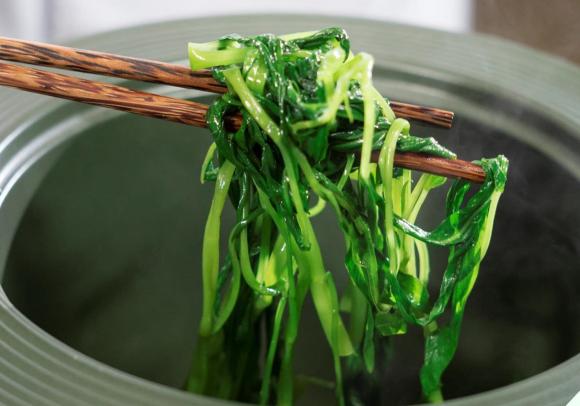
How long should you boil vegetables?
The cooking time for each type of vegetable varies. It usually takes 3 – 20 minutes to boil vegetables. The specific cooking times are as follows:
– Leafy vegetables such as cabbage, kale, sweet cabbage, and watercress usually take about 3 – 5 minutes to boil.
– Harder vegetables like broccoli, cauliflower, green beans, and sweet corn take about 8 – 10 minutes to cook.
– Harder root vegetables such as beetroot, turnip, and carrot should be boiled for about 12 – 15 minutes.
– Starchy root vegetables like potatoes and sweet potatoes require a longer cooking time, around 18 – 20 minutes.
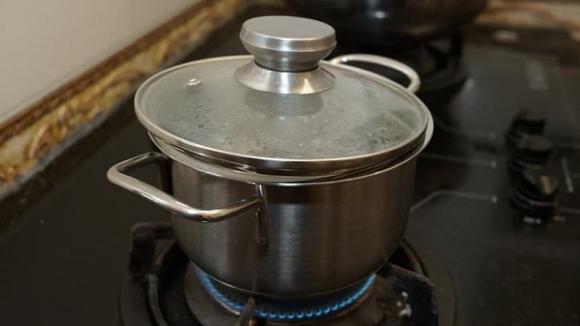
Some tips when boiling vegetables
When boiling vegetables, you need to ensure three factors: enough water, sufficient heat, and appropriate cooking time to make them tender while preserving their nutrients.
For larger, harder vegetables, it is recommended to cut them into smaller pieces to reduce cooking time and retain more nutrients.
Avoid rubbing or vigorously scrubbing the vegetables while washing, as this can damage the vegetables and cause them to lose some of their nutrients.
It is best to consume the boiled vegetables immediately. Some studies have shown that vegetables lose 25% of their vitamins after being boiled for about 1 hour, and the nutrient loss increases after 2 hours. Vegetables left overnight will lose almost all of their nutrients.
Grilling Chicken: How Mistakes Can Affect Taste and Well-Being
Cooking grilled chicken can be a tricky affair–one wrong move could lead to a tasteless, unappetizing dish that may even be unsafe to eat. Therefore, it’s important to understand the basics of grilling chicken and the common mistakes that can occur. In this article, we will explore the safety concerns surrounding grilled chicken and how to avoid them.
Increases in Energy Efficiency Achieved with Slow Cookers
As the demand for convenient cooking continues to rise, more and more families, especially those with young children, are turning to slow cookers as a way to create healthy and tasty meals with minimal effort. With so many settings and benefits, slow cookers offer a great solution for busy households.












